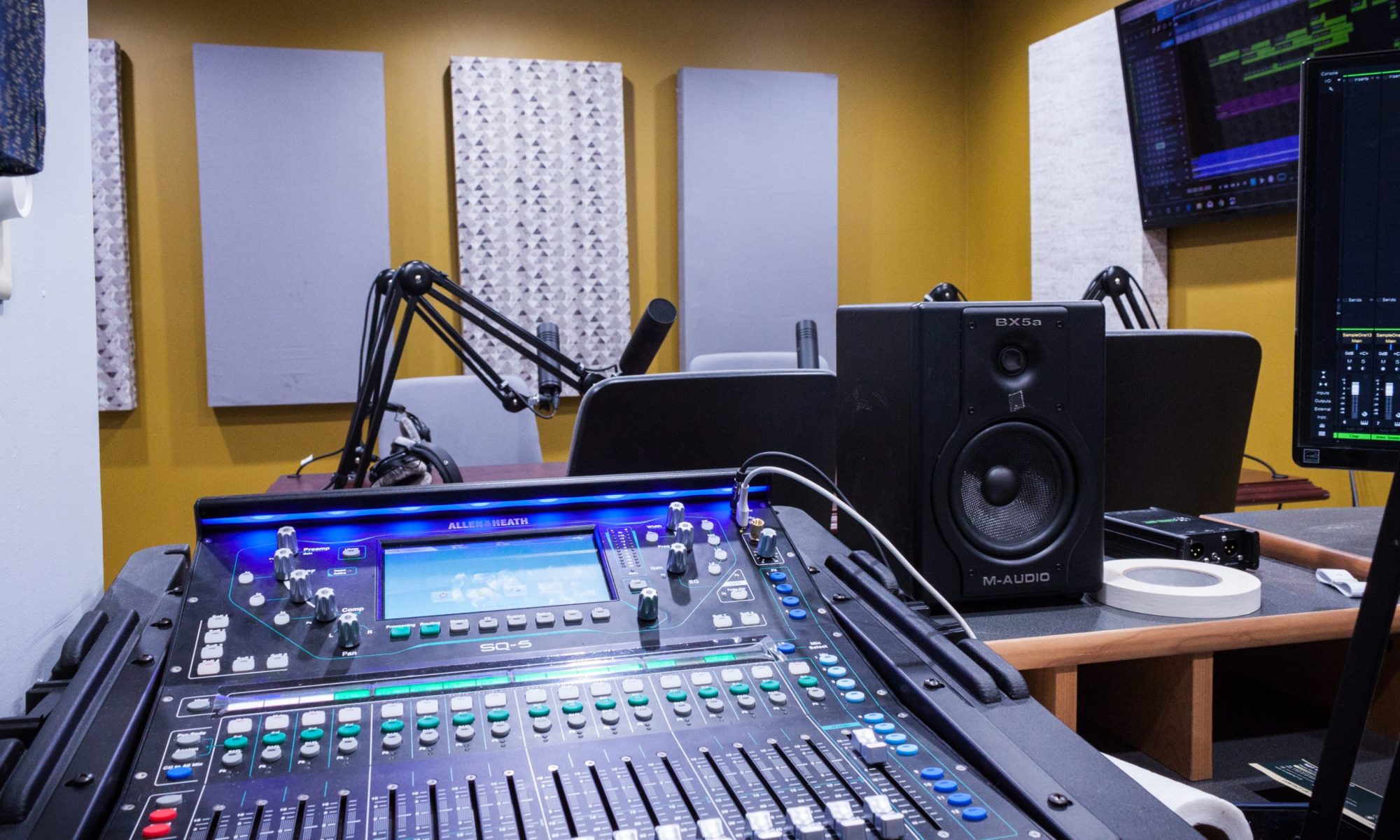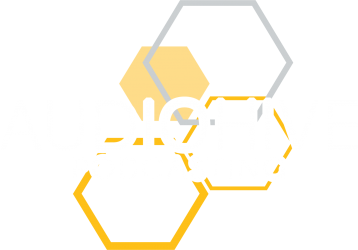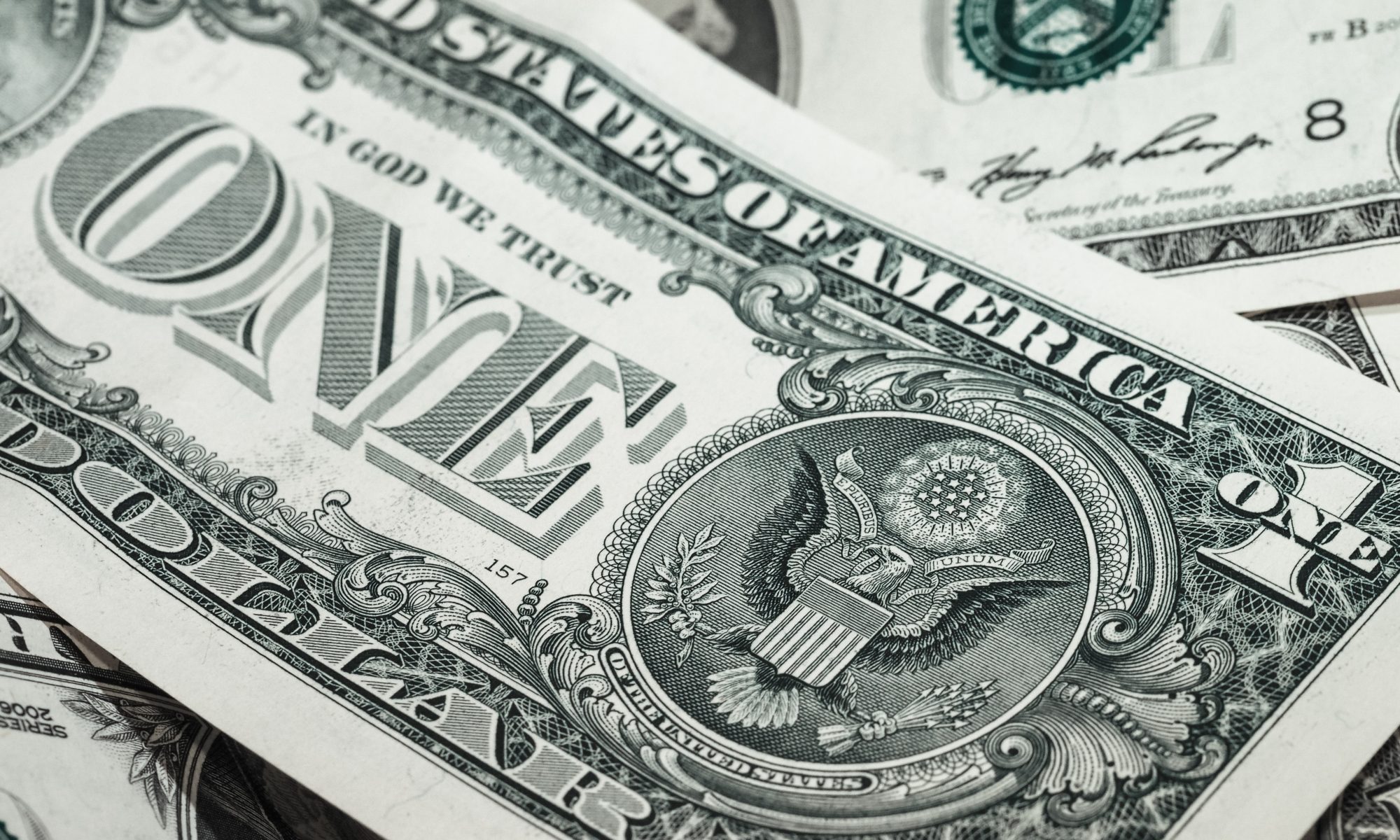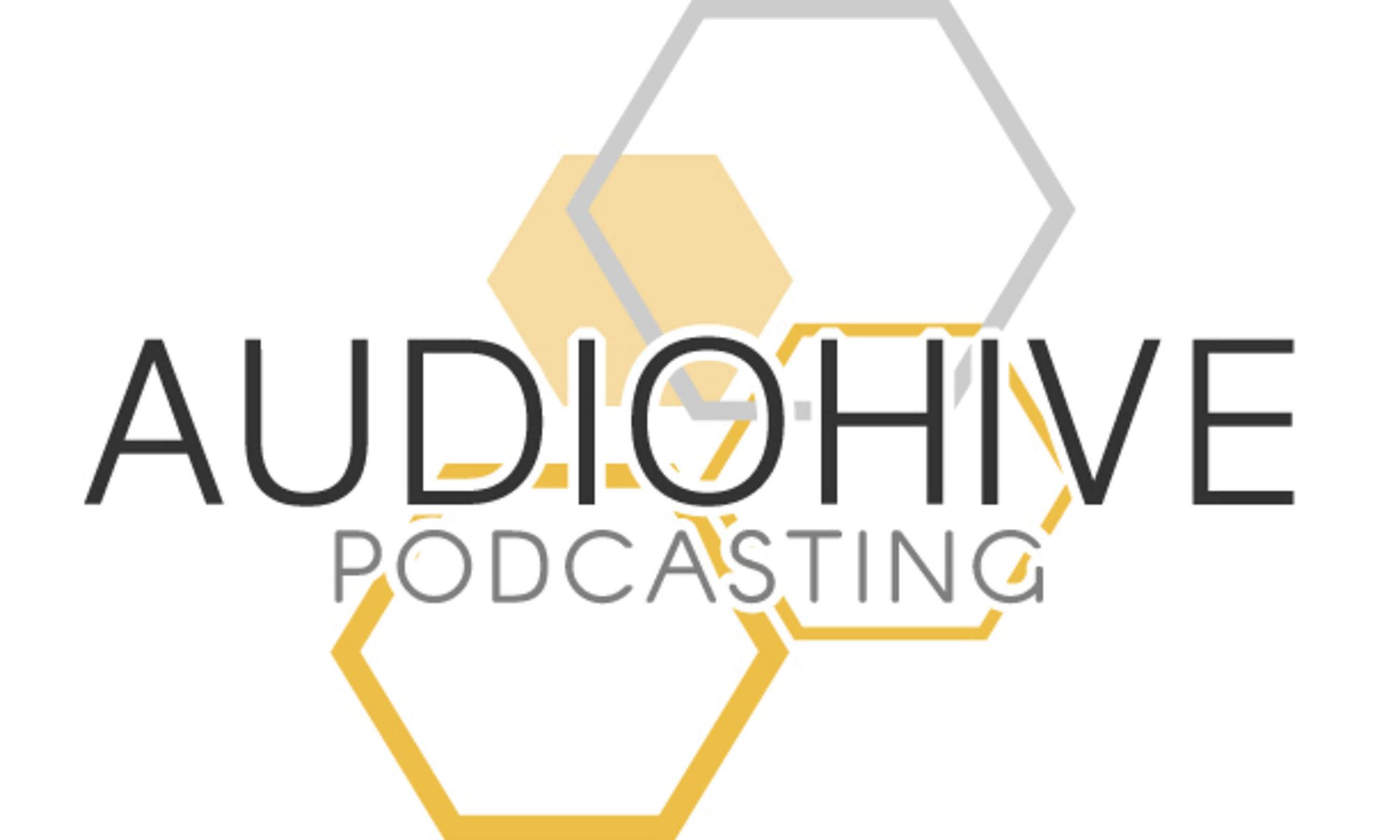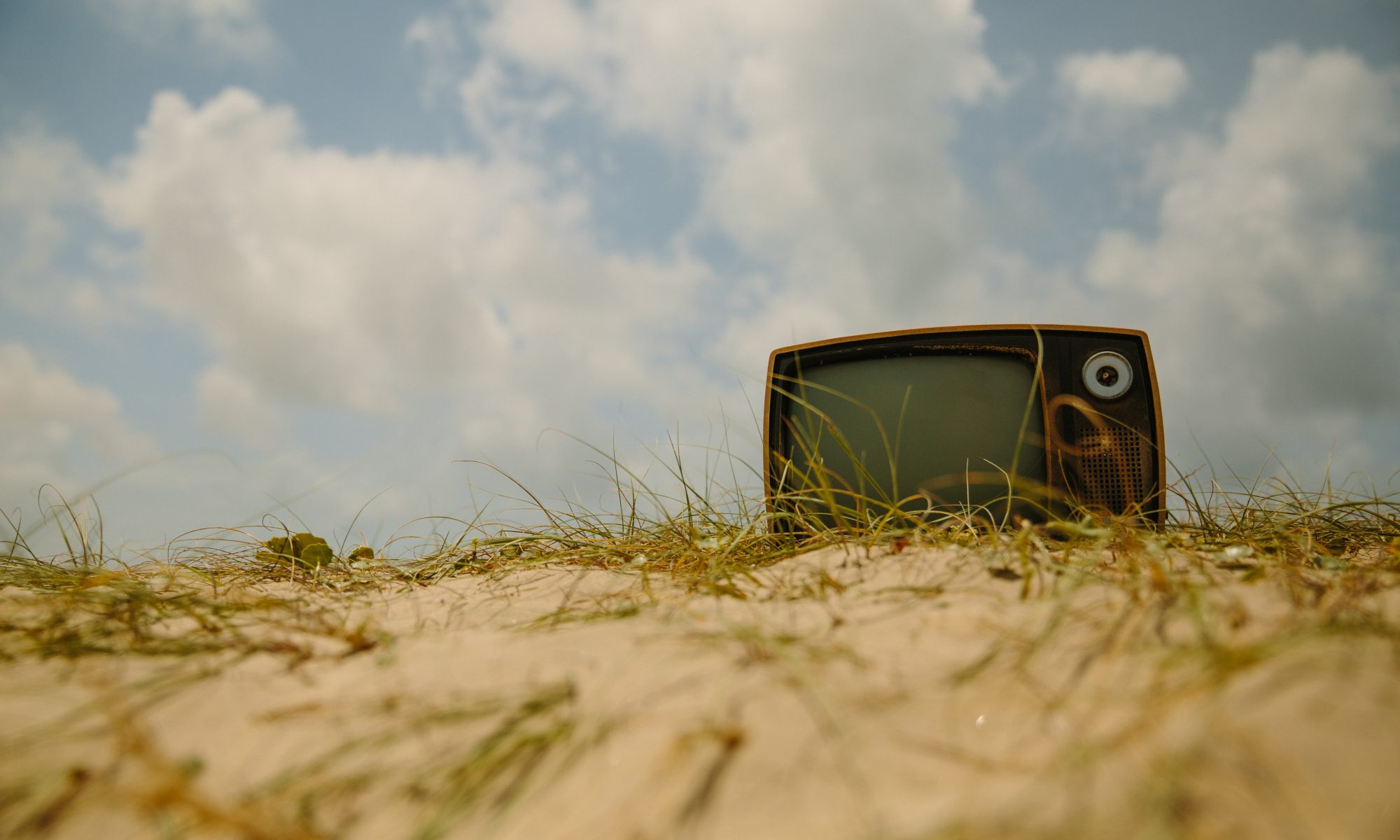Have you had an idea for a podcast, but don’t know where to start? If so, you aren’t alone! Over the last couple weeks I’ve been talking to a lot of people thinking about getting into podcasting. Most of them have a specific subject the podcast will revolve around, but aren’t sure how their first episode will go. Understandably, you’d want to feel prepared for that first sit down at the microphone and not feel like you are wasting your time and money. I’ve put together a few tips that can help you get up and running for that first podcast.
Tell your story.
A good first episode might be just letting your listeners know who you are, and what your “mission statement” might be. How did you get to where you are (in front of a microphone)? If your podcast is about a specific topic, you’ve probably got some stories about what formed your interest in it. If I were to spend an episode giving my background, I could relate a long series of events, starting with wanting to be a heavy metal guitar player, to realizing I find more fulfillment in the behind the scenes work that supports other artists. I went from playing guitar, wanting to record myself, wanting to record my band, having to figure out how mixers work so we could actually play shows, realize I hate playing shows (or just trying to work with other band members in general), operating mixers for other bands, getting into music equipment sales, live sound recording, stage handing, and finally becoming a studio owner. For your first episode, really think about the series of events that inspired you to start the podcast. Make it personal and genuine, and you’ll be more likely to connect with your listeners. Sincerity will go a long way in getting people to keep listening! If you are a solo host, aim for 30 minutes for your introductory episode. If you have co-hosts, you might be able to easily spend an hour telling your stories and bouncing questions off each-other.
Get the feeling right.
Having a great intro song can be a good way to get you into the right head space. We can pump your intro track into your headphones to give you a launching point at the beginning of your recording. Do a google search for “royalty free music” and you’ll find plenty of websites that offer music across a wide range of genres that you can use without worrying about any copyright claims. This will also be the first thing your listeners hear, so be sure to pick something that conveys the kind of tone you want to set. If you can’t find anything for free that you like, you could try checking out some music sites that offer “micro licensing.” These tracks are generally produced to a higher standard and don’t cost as much as licensing a song by a major artist. If you’ve got that radio broadcaster voice, you could even spend some of your time at the studio recording a voice over introduction on top of your music. We also have voice-over artists that you can collaborate with if you need some help! A great banner or logo for your podcast artwork is something you can start working on right away as well. I recommend canva.com as a quick and easy way to make one.
Just go for it.
Before I was really fluent with recording software, one of my biggest problems was managing to get it all working to capture a musical idea I had before the inspiration went away. I can’t tell you how many guitar riffs I’ve had disappear from my mind forever because I couldn’t get the program running on time. Audiohive Podcasting takes away all of those technical issues. You just have to show up, sit down (I guess you can stand if you want) and start recording!
If you’ve never been in front a microphone before, it can feel a little awkward. They are sensitive to your position around them, you’ll find that your voice changes depending on your proximity and angle to the microphone. It can be off-putting to hear your own voice played back in headphones for the first time. “Is that how I really sound?” Yes, it is! The important thing is to just dive in and start talking. Over a couple podcasts, after listening back to your recordings, you’ll start to develop an ear for what works best for your voice. It’s also important to listen back because you will quickly realize things you want to change, or bad habits you didn’t know you had. I personally realized that I say the word “like” an incredibly annoying amount of times the first time I recorded a podcast. I hated it! I realized that I wasn’t taking the time to think about what I was about to say, and “like” is my version of “um.” I’ve been conscious of it ever since and have been trying to slow myself down in every conversation to think about what I’m going to say before I say it. If you go back and listen to the first couple episodes of any podcast that’s been around for a couple years, the hosts will probably sound like completely different people. Microphone technique is a real thing that you can practice and improve on.
Hopefully I’ve answered one or two questions you might be asking yourself, or at least answered some you hadn’t thought of already. I’ll keep trying to put out useful information as much as possible! If there’s any questions you have that you think I can help with, feel free to get in touch and we’ll get them figured out!
-Brian Mackender
Audiohive Podcasting
Audiohive Podcasting uses Transistor.fm to host your podcast!
